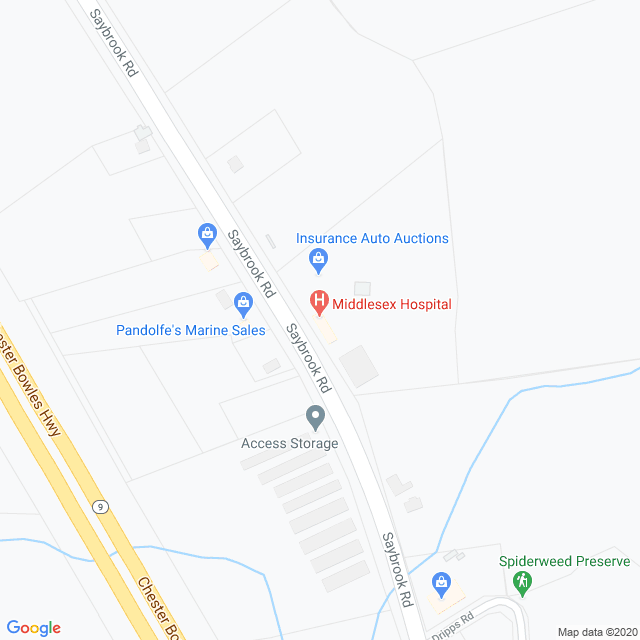Pregnancy & Birth Visitor and Support Persons
- Like all Middlesex Health locations, the Pregnancy & Birth Center is open and providing care. However, we have put specific guidelines in place to protect moms, babies and families. These include limiting visitors. // SEE GUIDELINES
















